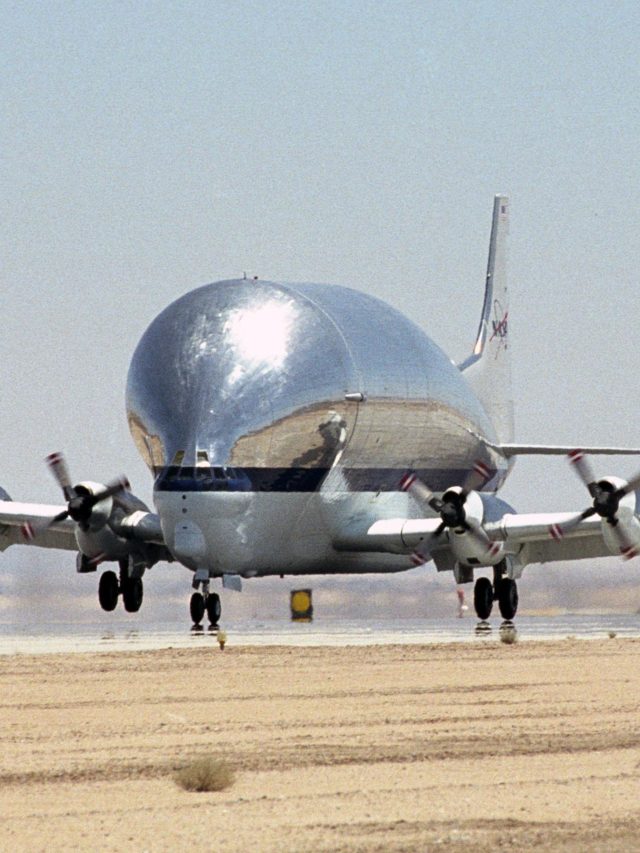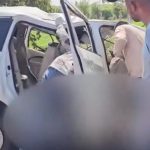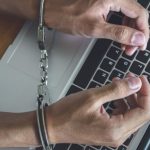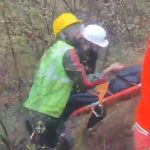DRDO, the defence research agency of India has announced a new antibody detection kit DIPCOVAN for COVID-19. This development comes days after the DRDO announced the ‘2-DG’ an anti-COVID drug which would be released this year in collaboration with Dr. Reddy’s Laboratories. The claims by the agency suggests that the kits would cost Rs. 75 each and would give the results within 75 minutes.
Background
While the nation is slowly getting out of the grasp of the COVID-19 with numbers plateauing, different ministries of the Indian government are coming up with indigenous solutions for COVID-19 identification, prevention and treatment. Earlier this week, the DRDO introduced the 2-DG anti-COVID drug intended for those who are showing severe symptoms and are on supplemental oxygen. On May 20, the ICMR also approved India’s first home-testing kit called MyLab Coviself.
Also Read: COVID-19 Home Testing Kit gets approval: Here’s what it costs and the guidelines on how to use it
Also Read: DRDO releases first batch of anti-COVID drug 2-DG: Can be taken orally by dissolving in water
Details
In a bid to conduct mass level Sero-surveys and to help COVID-19 suspected patients to identify whether they have developed the antibodies for the virus or not, the Defence Research and Development Organisation announced an antibody detection kit called DIPCOVAN. The development comes days after the defence agency introduced anti-COVID drug called 2-DG.
According to the press release-
“DIPCOVAN is intended for the qualitative detection of IgG antibodies in human serum or plasma, targeting SARS-CoV-2 related antigens. It offers a significantly faster turnaround time of just 75 minutes to conduct the test without any cross reactivity with other diseases. The kit has a shelf life of 18 months.”
A DRDO lab develops an antibody detection-based kit DIPCOVAN, the DIPAS-VDx COVID 19 IgG Antibody Microwell ELISA for sero-surveillance. The kit can detect spike as well as nucleocapsid (S&N) proteins of SARS-CoV-2 virus with a high sensitivity of 97% & specificity of 99%: DRDO pic.twitter.com/8SSWw1xv3o
— ANI (@ANI) May 21, 2021
The ministry in its statement also said that the kit will be importance for understanding COVID-19 trends, epidemiology and will also help an individual assess if they were previously exposed to the SARS-CoV-2 virus or not.
The antibody detection kit received its regulatory approvals to manufacture, sell and distribute from all the key regulators such as the Drugs Controller General of India (DCGI), Central Drugs Standard Control Organization (CDSCO), Ministry of Health and Family Welfare (MoHFW). According to reports, the antibody detection kit will be sold by Delhi based diagnostic firm Vanguard Diagnostics as soon as the first week of June.
The DIPCOVAN COVID-19 antibody detection kit has been made in the Defence Institute of Physiology and Allied Sciences (DIPAS) lab. The DIPAS lab is DRDO’s own research division and lab. According to the defence ministry, the kit will be able to detect spike proteins along with nucleocapsid proteins (S&N) of the SARS-CoV-2 virus. The antibody testing kit can detect the S&N proteins with a sensitivity of 97%-99% specificity.
DIPCOVAN Frequently Asked Questions
What is DRDO’s DIPCOVAN?
The DIPCOVAN is an antibody detection kit for SARS-CO-V-2 virus. The kit’s purpose is to let people know if they have been exposed to the virus in the past and whether they have anibodies for it.
What are the DIPCOVAN’s other purposes?
Not only will DIPCOVAN let people know about their exposure to the virus and whether they have the antibodies for it, it will also be used to carry out mass-level COVID-19 epidemiology studies and sero-surveys. These sero surveys are crucial to get a big-picture perspective over the virus’ trends, its spread and gives an estimate idea on the proportion of people who have been infected with the virus.
How does the DIPCOVAN work?
The DIPCOVAN kit comes with the DIPAS-Vdx IgG antibody microwell ELISA which can detect both the spike proteins and the nucleocapsid proteins (S&N) of the virus and comes with the sensitivity of 97-99% specificity.
What is DIPCOVAN’s cost and when will it be available?
According to the statement by defence ministry, Vanguard Diagnostics, the industry partner of DRDO will be bringing the kit to the market for Rs.75 per unit and sell it commercially. The statement also said that the kits will be sold from June first week. However, it should be noted that it’s unclear whether both individuals and laboratories can get their hands on the kids or the initial batch of the kits are intended to be sold to diagnostic laboratories.


























